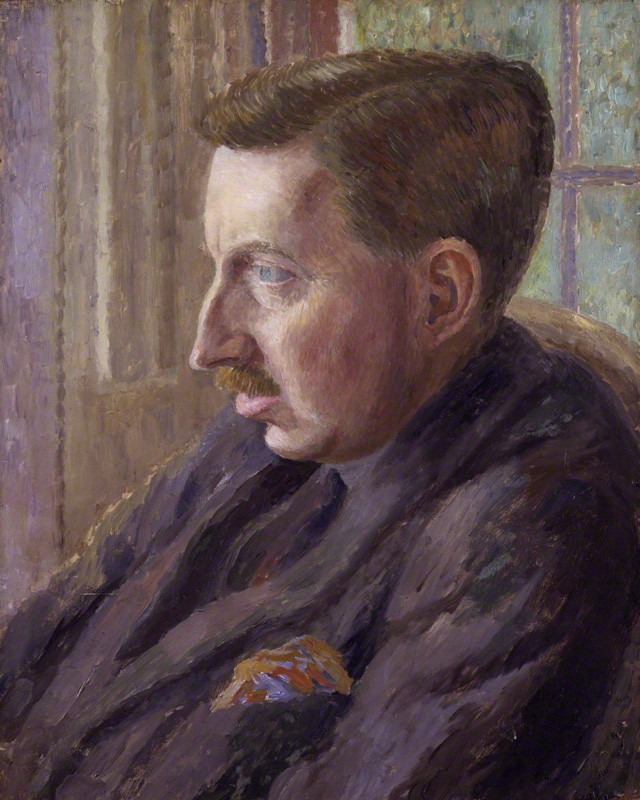daily life, whatever it may be really, is practically composed of two lives—the life in time and the life by values—and our conduct reveals a double allegiance. "I only saw her for five minutes, but it was worth it." There you have both allegiances in a single sentence. And what the story does is to narrate the life in time. And what the entire novel does—if it is a good novel—is to include the life by values as well.
Now, all this is pretty rudimentary, and not too hard to swallow. Novels need stories and stories need to be told in certain sequences of time that mirror how we shuffle around own own personal narratives in time.
I've got to tell you the truth: I've got a certain prejudice against novels. As much as I love reading, most novels are rather imperfect objects. Occasionally, I read a novel and I think it's perfectly composed. The last contemporary novel I recall having that feeling for was The Secret History by Donna Tartt, and that novel isn't very current. It was released in 1992.
When I read, I want what I read to be near-perfect. Here, short stories have the upper hand. Get in, tell the story, and get out.
Alice Munro, "Tell Me Yes or No," Something I've Been Meaning To Tell You: Thirteen Stories
A married woman has an affair with a married man, falls in love with him, in fact. When he dies, she goes to his town, gets acquainted with his house, his wife, his wife's bookstore. And then one day, his wife sees her hanging around the bookstore, hands her a bag of letters, says "I know who you are and never want to see you again." The woman goes home and reads the letters. They're not hers. Their from a woman named Patricia. Turns out she was cheating with a man who was not only married but who was cheating with at least one other woman. She returns the letters to the man's wife, says these aren't hers. All the same, the wife never wants to see her again.
Ted Hughes, "The Machine," Birthday Letters: Poems
Ted Hughes recalls some lines he found written from his wife Sylvia Plath, which she had penned while he was upstairs with their child and she downstairs at her desk. Sylvia had written that she was being crushed by "a huge dark machine," "the grinding indifferent millstone of circumstance." No amount of self-expression or ordering of thought could eliminate the deep sense of depression she felt, nor her suicidal ideation, which she would one day put into action, taking her own life, leaving her husband and the world without her.

No comments:
Post a Comment